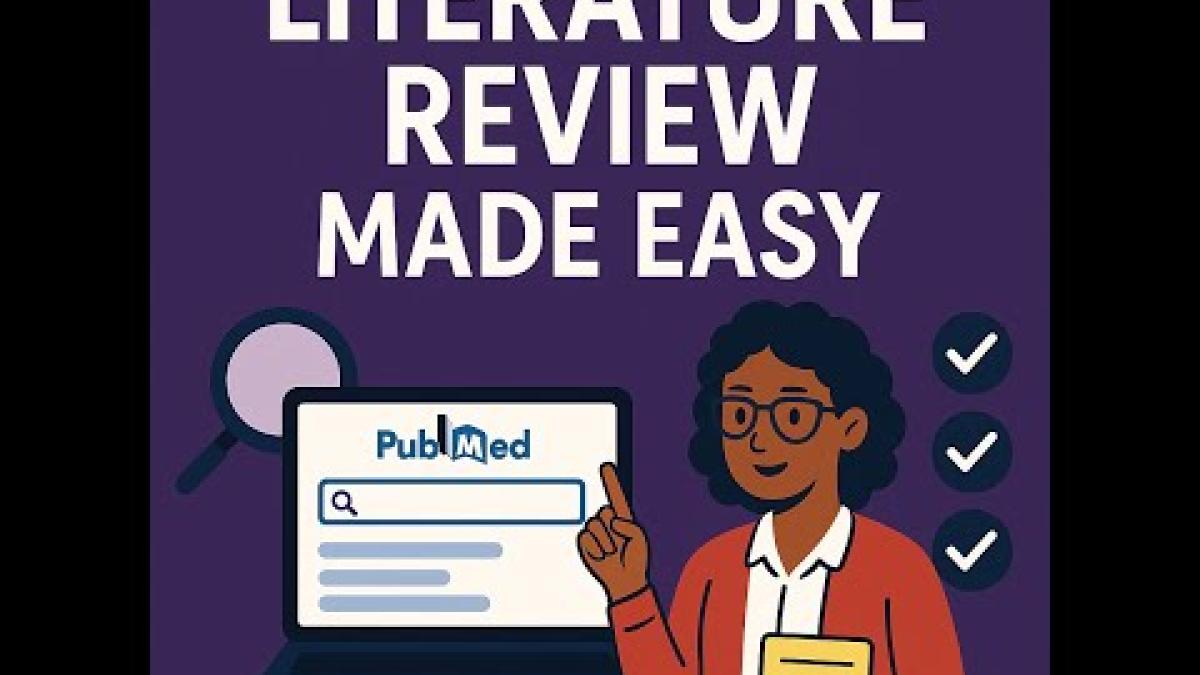Julia Stumpff, Indiana University School of Medicine’s instructional design librarian and cardiology-liaison will teach us about the process of finding and sorting literature via PubMed.
Organized by ISACB Young Transatlantic Young Investigator Training Network.

Google Gemini: https://gemini.google.com
Provide ten post-graduate research questions on the topic of: cardiovascular remodeling under normal and pathologic conditions.
Make the following question more specific: What are the long-term cardiovascular consequences of diabetes on postpartum cardiac and vascular structure and function, and can early lifestyle interventions mitigate these effects?
Outline a literature review answering this question: "Among women with a history of diabetes, do those with higher parity or a family history of type 2 diabetes exhibit more pronounced increases in left ventricular mass index and arterial calcification scores at postpartum follow-up (e.g., 2-5 years), and can a high-intensity, supervised exercise program combined with nutritional counseling initiated during the first postpartum year differentially mitigate these consequences compared to standard care?"
Create a PubMed search for the following question: What are the long-term cardiovascular consequences of diabetes on postpartum cardiac and vascular structure and function, and can early lifestyle interventions mitigate these effects?
Ai2 Paper Finder: https://paperfinder.allen.ai/chat
Papers that answer the following question: What are the long-term cardiovascular consequences of diabetes on postpartum cardiac and vascular structure and function, and can early lifestyle interventions mitigate these effects?
Ai2 Scholar QA: https://ai2-scholar-qa.allen.ai/
What are the long-term cardiovascular consequences of diabetes on postpartum cardiac and vascular structure and function, and can early lifestyle interventions mitigate these effects?
Google Gemini: https://gemini.google.com
Ai2 Paper Finder: https://paperfinder.allen.ai/chat
Ai2 Scholar QA: https://ai2-scholar-qa.allen.ai/
("Diabetes Mellitus"[MeSH] OR "diabetes"[tiab] OR "diabetic"[tiab] OR "gestational diabetes"[tiab] OR GDM[tiab] OR "Type 1 Diabetes Mellitus"[MeSH] OR "Type 2 Diabetes Mellitus"[MeSH] OR "pre-existing diabetes"[tiab] OR "pregestational diabetes"[tiab])
AND
("Postpartum Period"[MeSH] OR "puerperium"[MeSH] OR "postpartum"[tiab] OR "post-partum"[tiab])
AND
("Cardiovascular Diseases"[MeSH] OR "Heart Diseases"[MeSH] OR "Vascular Diseases"[MeSH] OR "cardiovascular remodeling"[tiab] OR "cardiac remodeling"[tiab] OR "vascular remodeling"[tiab] OR "heart structure"[tiab] OR "heart function"[tiab] OR "vascular structure"[tiab] OR "vascular function"[tiab] OR "left ventricular mass"[tiab] OR "arterial calcification"[tiab] OR "cardiac hypertrophy"[tiab] OR "arterial stiffness"[tiab] OR "endothelial dysfunction"[tiab] OR "myocardial fibrosis"[tiab] OR "vascular injury"[tiab] OR "cardiomyopathy"[tiab])
Google Scholar: diabetes mellitus Postpartum Cardiovascular lifestyle
PubMed: https://pubmed.ncbi.nlm.nih.gov/
Google Scholar: https://scholar.google.com/
Citation Managers:
Zotero (free): https://www.zotero.org/
EndNote (free month-long trial)
Mendeley
Zotero help:
BOOK RECOMMENDATION from a PhD student: Susanne Hempel. Conducting Your Literature Review [Internet]. Washington, DC: American Psychological Association; 2020 [cited 2023 Apr 5]. (Concise Guides to Conducting Behavioral, Health, and Social Science Research Series; vol. Electronic edition).
Advice for ISACB 05/21/2025 webinar attendees based on introductions
- Meet with your librarian: Ask to meet with a librarian at your institution to go over any questions that didn’t get answered or learning we didn’t cover. There was no way for me to cover everything requested during today’s session, but I could cover everything eventually, and so could other librarians. So, use them! 😊
- Staying up to date with literature: Once you create the “perfect” search in an article database, create a free login, and save that search. If there is an option to have updates emailed to you (auto-alert or email alert), select that option. This is a handout designed for our users at Indiana University on creating an email alert in PubMed. Skip to the 2nd section and follow the directions.
- Evaluating rigor in articles: There are many critical appraisal tools to evaluate rigor in articles. I can recommend using CASP checklists which cover many different study types. The Evidence Synthesis guide at my library also has a table with many more appraisal tools. Also, when trying to determine important articles, you can look at citation numbers. While not fool-proof, it is a way to determine the “hot” articles in a field. I would recommend searching Web of Science or Scopus for this. A librarian can help you with this, but the links I just provided lead to guides and videos to get you started if your institution has one or both of these resources.
- Looking for new papers:
- PubMed: Try searching w/out MeSH as some of the newer papers or other papers haven’t been indexed with MeSH.
- Google Scholar: Limit to current year
- Try other article databases – If you have access to EMBASE (“European Medline), you will find articles not found in PubMed.
- Look in pre-print archives – not peer-reviewed but may be on the horizon: medRxiv
- How to deal with analyzing and synthesizing 100s of papers: Can work with folks at your institution to create a closed AI bot for this purpose. Check with your institution to see if it has text analysis tools available.
- Not finding articles: (lesser-studied topics, etc.): Work with a librarian. You might need to try multiple databases, search Google Scholar, or only use keywords.
